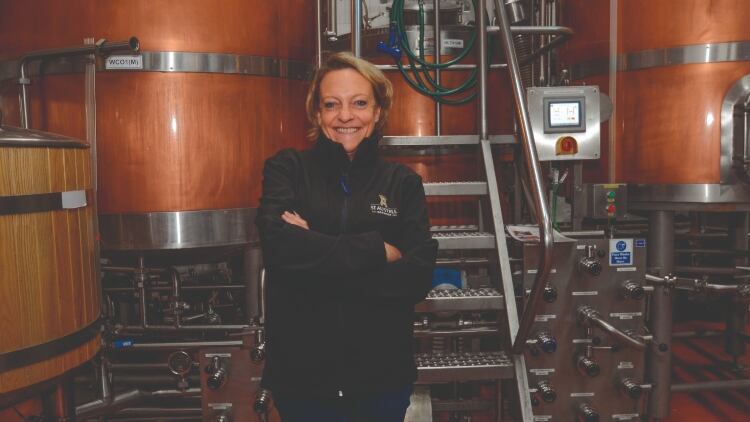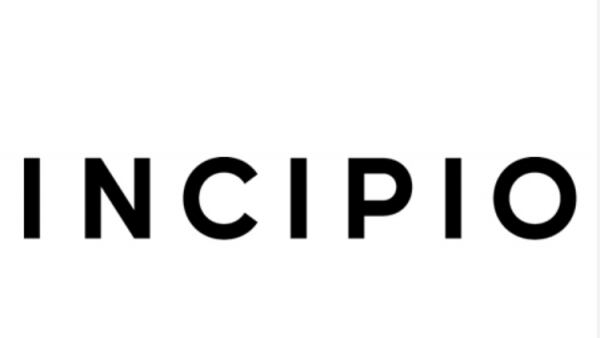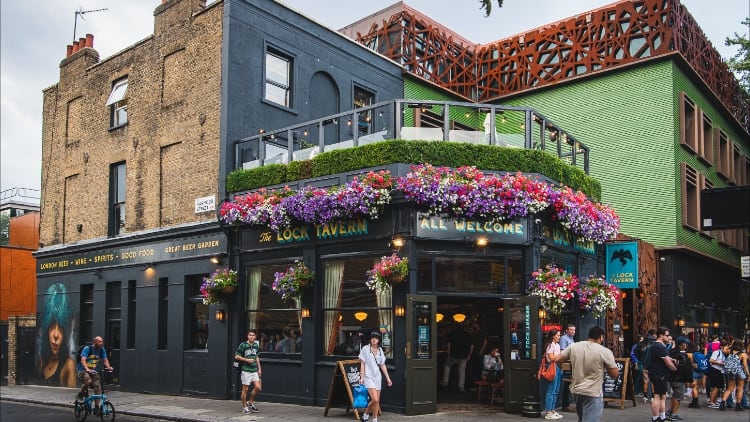Yes, the category is in decline – renowned beer writer Pete Brown told us earlier this year at a Cask Marque conference that cask is now 50% of the volume it was when the first Cask Report was published in 2007.
But there’s a way we could change that. It involves pricing real ale for what it is – a premium product. It’s the freshest beer on the bar, it’s the original craft beer and it takes a lot of care and attention compared to kegged beer to ensure a top pint.
St Austell brews around 400,000 pints of cask a week, with 101 tests happening on the beer before it leaves the brewery. Casks are sent off in top condition and need constant care as soon as they reach the pubs right through to being poured into a glass. Unlike kegged beer, cask naturally ferments in the barrel over a period of a few days – no carbonation added, it’s all natural.
Master Cellarman scheme
While many publicans put the utmost effort into ensuring every pint through a hand-pull is top notch, some can fall flat, which can put people off going back for another.
At St Austell, we have an in-house trade quality team that works closely with our managed pubs to ensure each pint is perfect, and we’re launching a ‘Master Cellarman’ scheme – akin to Cask Marque – across our 141-strong tenanted pub estate as well. Other pub companies and landlords will have their own quality teams too, but that’s not always the standard. So you might be thinking, why would we want people to pay more for that gamble?
Despite all the above points proving cask is a stand-out premium product, it remains one of the lowest priced drinks on the bar.
If we invested more money in cask, we could go one step further and use it to fund cellar management and quality control. It would enable publicans and their teams to care for cask ale properly and it would guarantee each pint served is as it should be. Drinkers could rely on knowing their extra spend has been put towards a drink that never misses.
Why cask is worthy of premiumisation
An investment and dedication to quality would mean less chance of a poor pint, get more people drinking cask and would surely see a bigger variety of cask in our bars.
The industry and its supporters have been saying the same thing about cask for years now; it’s time to push for change in the name of high-quality cask beer, which people can rely on and will want to spend on.
Cask represents a long history of brewing that is worthy of respect. As we stand with a new year before us, why not use it to elevate cask to where it deserves to be – seen as a premium product on the bar and priced as one too?




